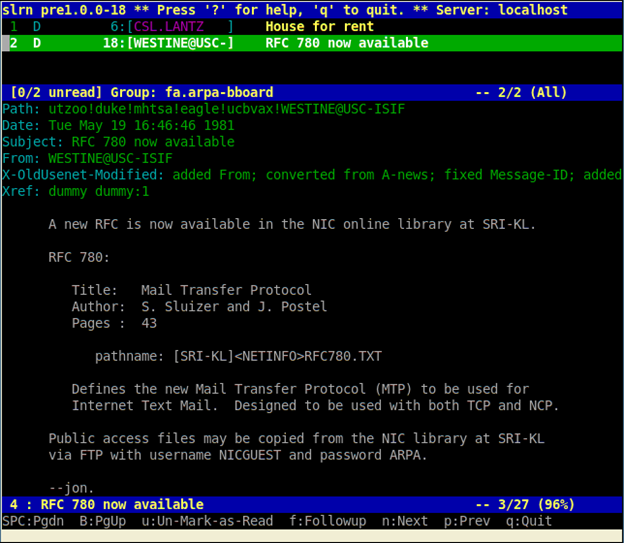January 2019 Update for Netsparker Enterprise
This blog post announces the new features in the latest Netsparker Enterprise release of January 2019. Highlights include: the addition of a new Application/Service Discovery feature; JIRA, FogBugz, GitLab, Azure and Jenkins Integration features; Support for Advanced Scheduling Scenarios; and further Security Checks.
Your Information will be kept private.
Stay up to date on web security trends
Your Information will be kept private.
We're delighted to announce a Netsparker Enterprise update. The highlights of this update are the addition of a new Application and Service Discovery feature, JIRA Issue Synchronization, FogBugz (Manuscript) Issue Synchronisation, GitLab CI Integration, Azure DevOps Integration, Support for Advanced Scheduling Scenarios, Jenkins Integration Script Generator for Pipeline Scripts, Support for Advanced Scheduling Scenarios and Security Check updates similar to those just released in Netsparker Standard 5.2.
This announcement highlights what is new and improved in this latest update.
Application and Service Discovery
As a Netsparker Enterprise customer, you may have many targets to scan. You may not even have a complete list of targets. This feature enables you to become aware of the full scope of your online collateral. Netsparker Enterprise will use several sources and methods (certificate transparency logs, for example) to discover additional, potential target applications and services.
Jira Issue Synchronization

FogBugz (Manuscript) Issue Synchronization

GitLab CI Integration
This integration enables you to integrate Netsparker Enterprise with GitLab. You will now be able generate and use cURL and Powershell scripts to enable Netsparker Enterprise’s advanced integration functionality. This means you can automatically trigger security scans in GitLab's CI/CD pipeline and benefit from SDLC features.
Azure DevOps Integration
This integration enables you to integrate Netsparker Enterprise with Azure Devops. You will be able generate and use cURL and Powershell scripts to enable Netsparker Enterprise’s advanced integration functionality. This means you can automatically trigger security scans in Azure DevOps' CI/CD pipeline and benefit from SDLC features(we can reference to SDLC document). For further information, see Integration Netsparker Enterprise with Azure Pipelines.Jenkins Integration Script Generator for Pipeline Scripts
Jenkins integration enables you to build automation into your projects. We have added an Integration Script Generator for the Pipeline Script to the Jenkins Integration window. For further information, see Installing and Configuring the Netsparker Enterprise Jenkins Plugin.Support for Advanced Scheduling Scenarios
This feature improves scheduling options on scheduled scans to support advanced scenarios. For example, it is now possible to configure recurring scans as bi-weekly or for the specified days. There have been many requests about this on our support tickets, so we are have responded to customer needs and provided these more advanced scheduling options. For further information, see Scheduling Scans.New Security Checks
We have added several new security checks to our Default Security Checks list in Scan Policies:- Added fourteen new kinds of Out-of-date version detection
- Added a new pattern for CherryPy Version Disclosure and CherryPy Stack Trace Disclosure detection





